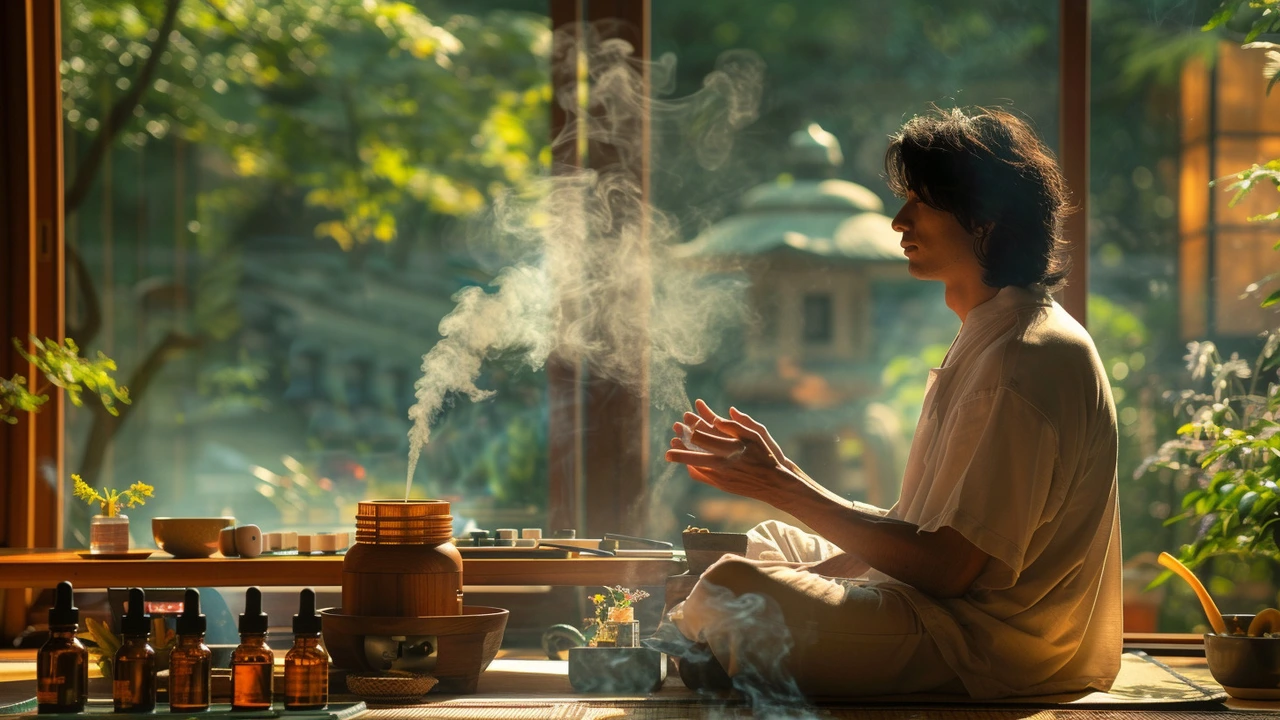Allergy Relief: Practical Tips to Breathe Easier Now
Allergy symptoms can wreck a day fast - sneezing, itchy eyes, a blocked nose. You don't need a pile of medicines to feel better. Here are clear, practical steps you can try today and habits that actually reduce symptoms over time.
Quick actions that help immediately
Check local pollen counts before going outside. If levels are high, try staying indoors during midday when counts peak. When you come home, change clothes and wash your face to remove pollen. A quick shower before bed stops pollen from sleeping on your pillow.
Use saline nasal irrigation once or twice daily. It flushes pollen and mucus and eases congestion without side effects. Start with a simple salt-and-water rinse using a neti pot or squeeze bottle - use clean, distilled or boiled water.
Over-the-counter antihistamines relieve sneezing and itching fast. Non-drowsy options like loratadine or cetirizine work well for daytime use. For a blocked nose, short-term nasal decongestant sprays help, but don't use them more than 3 days in a row.
Long-term steps that cut symptoms down
Run a HEPA filter at home, especially in the bedroom. High-efficiency filters trap pollen, dust mites, and pet dander. Also, wash bedding weekly in hot water to kill dust mites, and choose dust-mite-proof pillow and mattress covers if you can.
Think about allergy shots (immunotherapy) if meds don't do enough. Immunotherapy trains your immune system to tolerate allergens and can reduce symptoms for years. Talk to an allergist to see if it fits your situation.
Try to reduce indoor triggers: keep humidity near 40-50% to limit mold, clean vents and humidifiers regularly, and remove carpets if you have severe dust or pet allergies. If you have pets, keep them out of the bedroom and bathe them weekly when possible.
Consider lifestyle habits that support immune balance. Regular exercise, decent sleep, and a diet rich in fiber and fermented foods help gut health, which can influence allergic responses. If you're curious, check our gut health guides for simple steps you can use today.
Aromatherapy can ease breathing for some people, but use it carefully. Eucalyptus or peppermint steam may help clear airways, while strong fragrances can trigger reactions in others. Read "Aromatherapy for Respiratory Health" and "Aromatherapy: Unlocking Wellness and Calm with Scents" for safety tips and practical uses.
If symptoms are severe - trouble breathing, swelling, or a rapid worsening after exposure - get emergency care. For ongoing issues, book an appointment with an allergist. They can test what you're allergic to and build a treatment plan that fits your life.
Keep an allergy diary. Note when symptoms start, what you ate, where you were, and the weather. That record helps your doctor find triggers faster. For kids, use child-safe medications and check with a pediatrician before trying new treatments. Tracking leads to smarter care.
Want more practical reads? Look for articles on nasal care, breathing-friendly essential oils, and how gut and immune health link to allergies right here at Karma Health Hub.

Aromatherapy for Allergies: A Breath of Fresh Air
Hi there, lovelies! In this post, we are taking a fresh breath and diving straight into the world of aromatherapy for allergies. We'll be exploring the healing power of essential oils and how they can provide natural allergy relief. Say goodbye to uncomfortable symptoms and hello to a healthier, natural lifestyle. So if you're like me and constantly on the hunt for effective natural remedies, this post is just the thing for you.
Read More